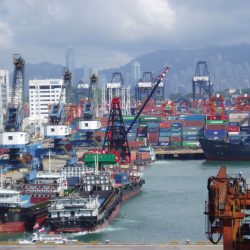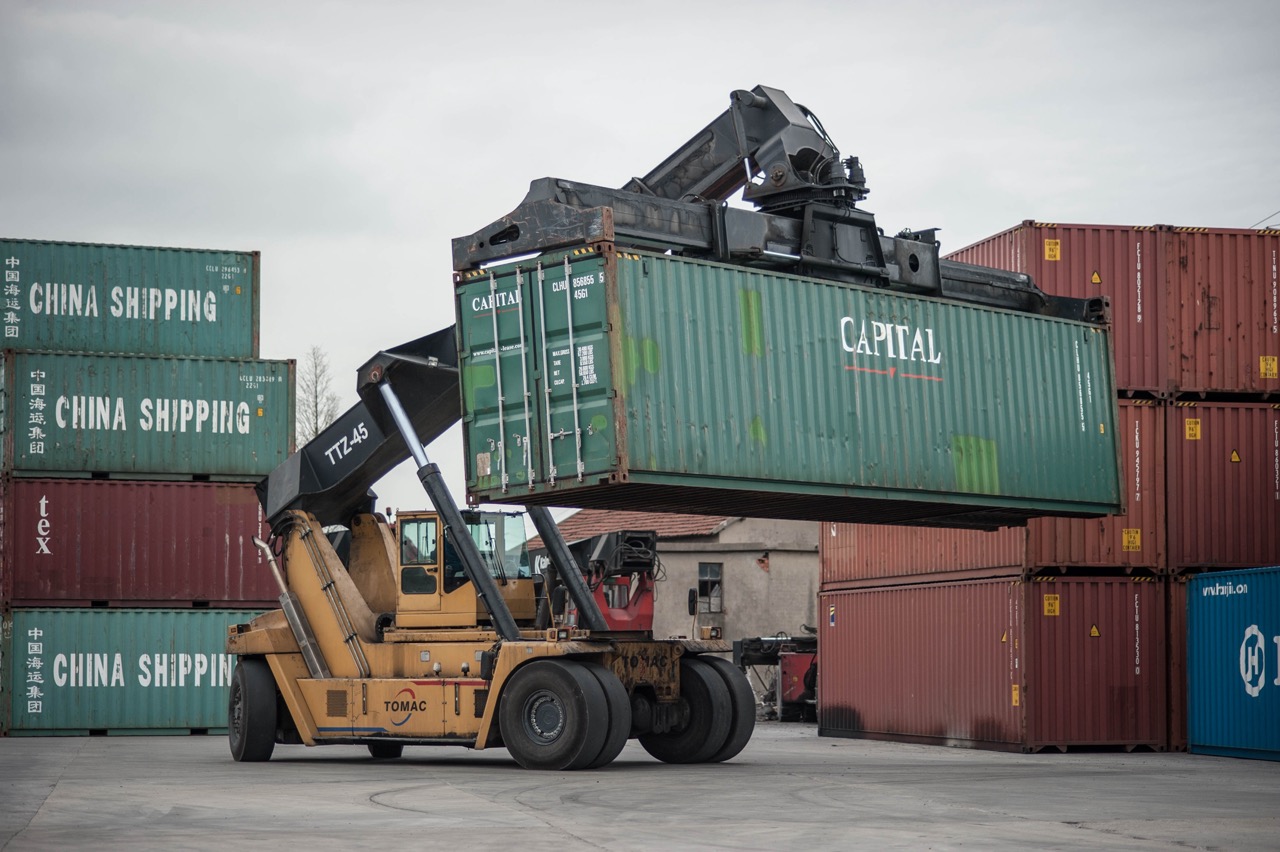What it takes to make project management in logistics successful
The post-pandemic situation in the world clearly demonstrated the importance of logistics activities. But at the same time, the shortcomings and imperfect approaches became apparent, resulting in disrupted supply chains and companies suffering losses due to downtime. This once again confirmed the fact that project management in logistics is extremely important.
There are several key tasks that help establish these processes. One of them is to create a comprehensive system for the management and control of material flows. And for this various information channels are used. The second important point is the creation of mechanisms for the management and movement of resources. In this case, separate attention is paid to the control of the movement of material flows.
In order to increase the effectiveness of project management, it is necessary to develop a strategy that will include various technologies of resource distribution. This will allow you to properly organize the work in certain directions and increase control over each project.
It is the responsibility of the logistics service to make a forecast of supply volumes, as well as transportation and warehousing plans. It should also be remembered to create a single standardized base for semi-finished products and packaging.
To effectively manage projects, it is important to analyze the ratio of procurement and supply needs to the company‘s capabilities. By identifying the imbalance, work should be done to correct it by revising the volumes. In addition, warehouse facilities should be ready for full operation and require optimization of processes in both technical and technological sectors.

Successful functioning of a project is impossible without established material flows, which are accompanied by information flows. They report on those or other deviations and operations that do not coincide with the chosen strategy.
Logistics is critical to the success of the entire business. It balances the resources spent on achieving project goals with the volume of final products and inventories.
The American PMI Institute deals with issues of logistics management and project organization. Its specialists introduced international standards, which are followed in all countries. These standards are considered the basis for this type of activity and have proven their effectiveness on the example of a huge number of companies. According to PMI, there are nine basic factors that are necessary in project management:
- subject area;
- proper time management;
- cost formation;
- quality management;
- material resource allocation;
- human resource management;
- risk management;
- established information support and communications;
- integration management.
With consideration and a sensible approach to these areas, project management will be as cohesive and clear as possible. This will allow you to achieve your goals and make your activities effective.




















